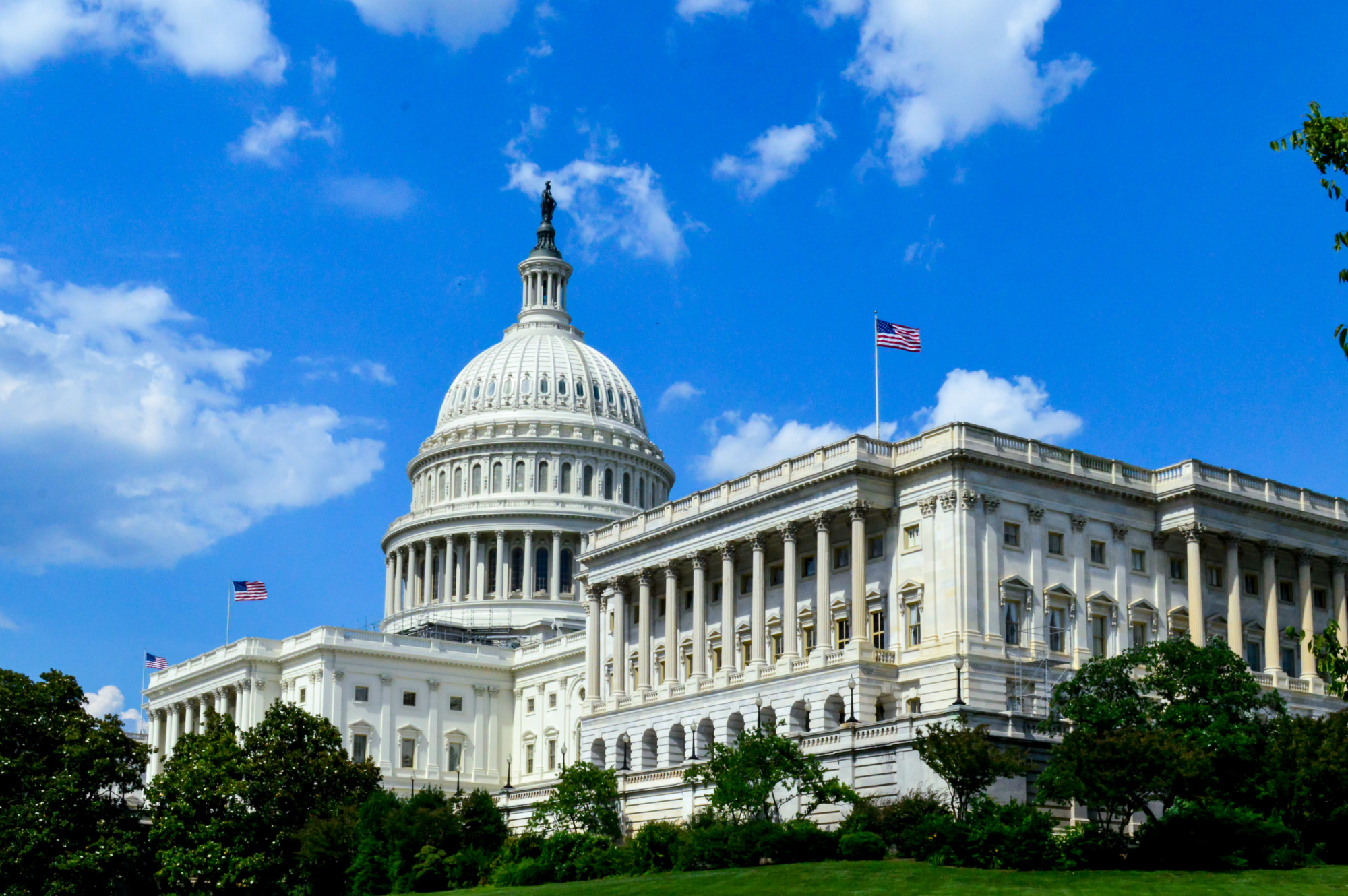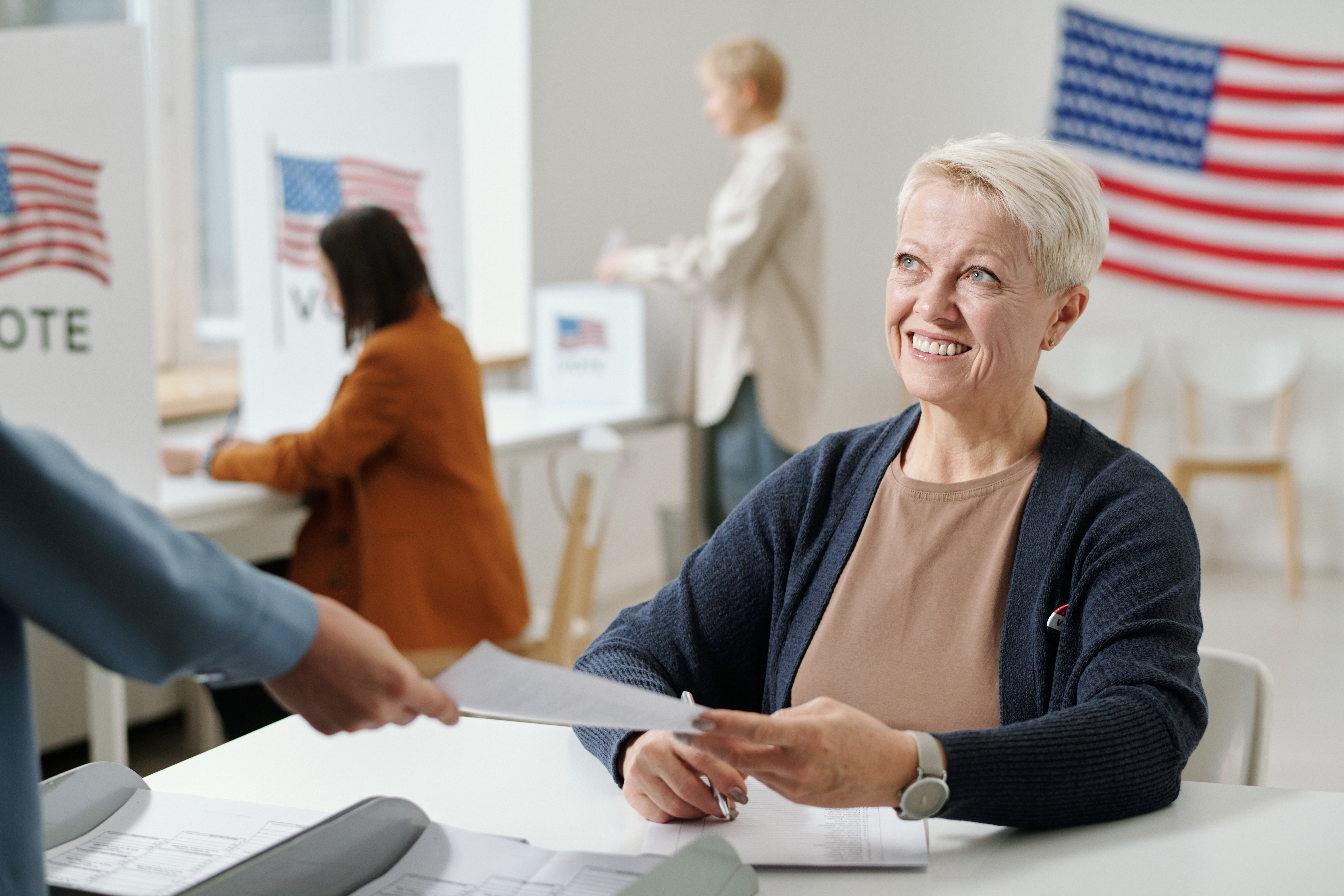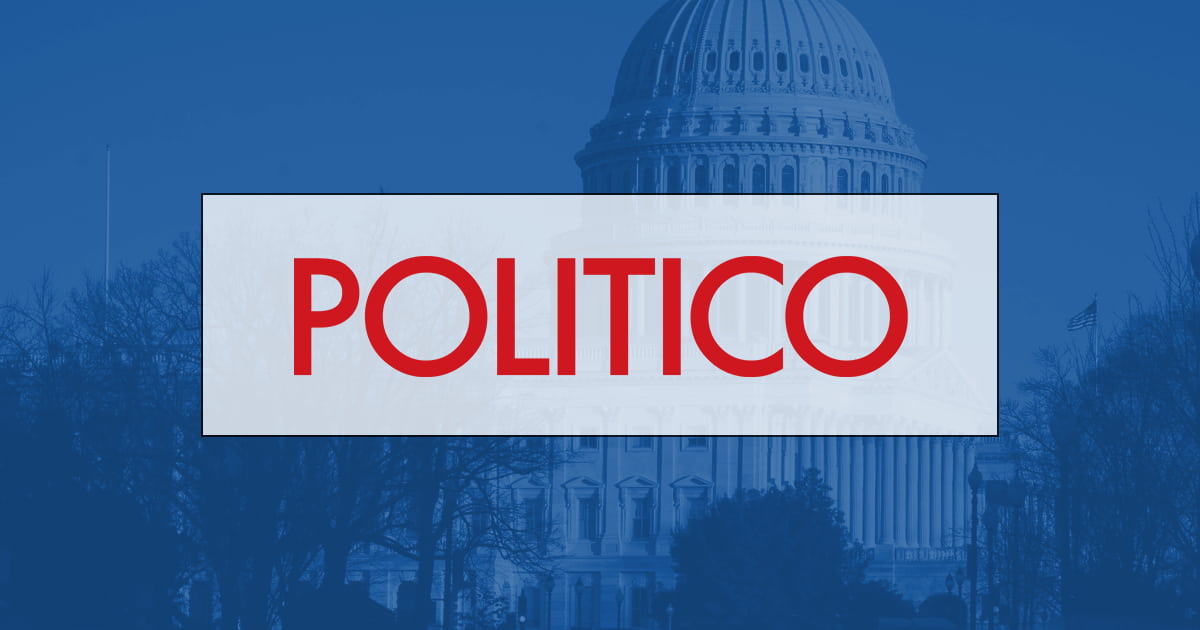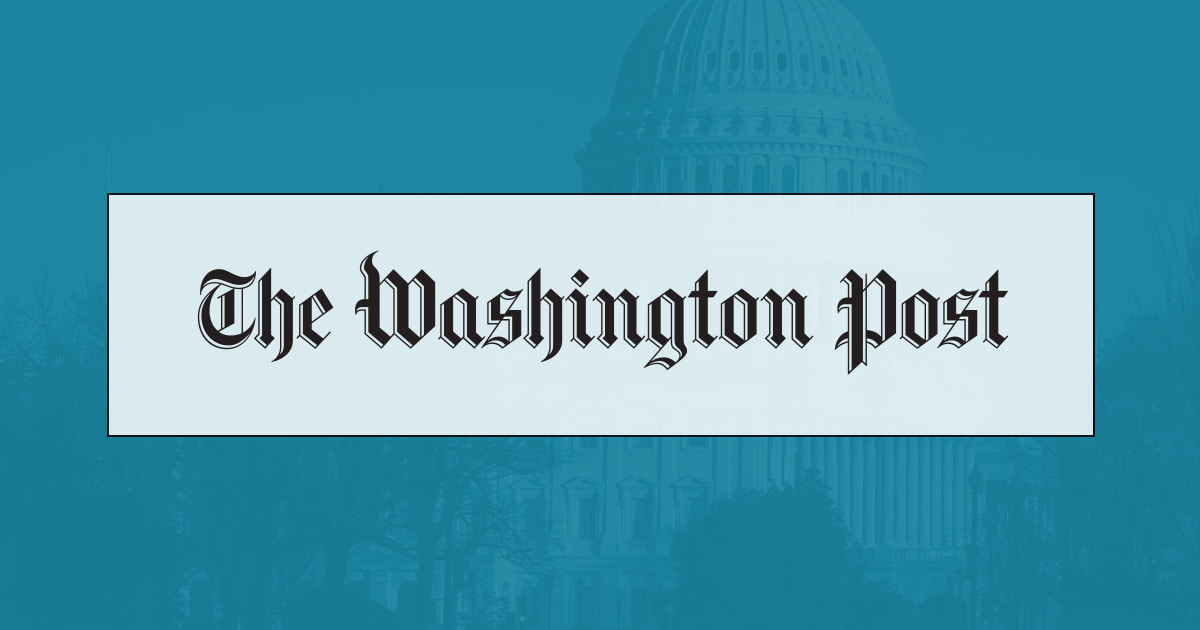Once behind-the-scenes public servants, election officials now find themselves on the frontlines of an unprecedented wave of threats and harassment for simply doing their jobs. Since 2020, baseless claims of fraud and conspiracy theories have unleashed a storm of violence, with citizens issuing death threats, engaging in doxxing, and even swatting the families of these public servants—instilling fear among those who upheld state and federal laws under the immense pressure of a global pandemic. By 2024, this hostility escalated, with election workers enduring heightened public scrutiny, harassment, assault, and even stalking.
To safeguard the integrity of our election system, we must first protect the dedicated individuals who serve our country and communities by ensuring every vote is counted accurately and transparently. Issue One calls on Congress to take bold action by passing federal protections, including critical anti-doxxing legislation, to defend election officials and workers in all 50 states. It’s time for Congress to send a powerful message: attacks on our election system or the people who uphold it have no place in our democracy. Together, we must stand united against threats and interference to secure the future of free and fair elections.
National Landscape for Election Official Protections
Federal Protection Legislation
While states have the right to carry out their elections independently, the lack of basic protections for all individuals involved in the process complicates the ability to carry out elections safely. Federal legislation should use an inclusive definition of election workers to ensure all those who work to facilitate federal elections at the local level are equally qualified to receive protection.
In October 2024, Rep. Josh Gottheimer (D-NJ) introduced the Protect Our Local Workers Act (H.R. 9967) which would amend the Help America Vote Act (HAVA) to allow states to use the funding for increasing and ensuring the physical security of polling places and poll workers. In addition, Rep. Gottheimer and Rep. Bacon (R-NE) introduced the Election Worker and Polling Place Protection Act (H.R. 9968) which would increase protections and punishments for anyone that threatens poll workers, election officials, or polling places.
Ahead of the 2024 presidential election, Rep. Gottheimer and Rep. Don Bacon introduced a bipartisan “Unity Commitment” letter, pledging to respect the rules of the election. This commitment stated that once the election was over, and all legal options were exhausted, that the signatories would work to protect the fairness and integrity of America’s democratic processes.
Meanwhile, in the Senate, the Election Worker Protection Act of 2023 (S. 1318), which was introduced in April 2023, garnered 29 cosponsors in the 118th Congress. This bill would create protections under an inclusive definition of election workers. In the bill’s text, the term “election worker” is defined as “an individual who is an election official, poll worker, or an election volunteer in connection with the administration of an election for a Federal office.”
In addition to the above legislation, two more bills – one in the Senate and one in the House – were introduced in 2024 regarding protections for election workers: the Election Worker and Polling Place Protection Act (S. 3912) and the Election Worker Recruitment and Safety Act (H.R. 7413). Neither of these bills gained significant traction.
State Protection Legislation
As highlighted above, there have been multiple pieces of federal legislation introduced in an effort to protect those who help make our democracy work.
On the state level, 34 states and Washington, D.C., have laws addressing protections for election officials and poll workers. 22 states have passed legislation protecting election officials and workers since 2020. 19 of these states did not have laws before 2020 to protect election officials. At least 15 of these pieces of legislation passed with bipartisan support (Note: In passage, not exclusively authorship/sponsorship).
Examples of bipartisan legislation to protect election workers:
- Maine made threats to election workers a misdemeanor, a Class C Crime.
- The Intimidation of Election Officials Act (SB 43) in New Mexico, which was signed into law on March 30, 2023, makes intimidating election officials a fourth-degree felony.
- In Oklahoma, Senate Bill 481 made it illegal to harass, intimidate, threaten, or “dox” an election official.
A challenge that needs to be addressed is that state laws differ in their definitions of election officers/workers, leading to some discontinuity in protections. In Alaska, 1980 legislation defines “election officials” as election board members, members of counting or review board, employees of the division of elections, and absentee voting officials. In North Carolina, protections enacted in 1967 are limited to election officers and members of any board of elections.
More recent legislation, such as Oregon’s 2022 law, provides a more encompassing and inclusive definition of an election worker as “an individual employed full-time, part-time or as a volunteer: (a) Who is serving the state of Oregon or any other public body as an elected official, appointed official, employee or agent; and (b) Whose official duties include carrying out any duty, function or power set forth in ORS chapters 246 to 260.”
Anti-Doxxing Legislation
A national poll commissioned by Issue One in May 2023 found that the vast majority of Americans – 77% support extending protections for sensitive personal information — like home addresses and license plate numbers — to election officials.
Since 2022, at least 23 laws across 18 states and the District of Columbia have been passed to protect election workers against doxxing.
In 2024 alone, five states (Connecticut, Indiana, Maryland, Virginia, and Washington) and the District of Columbia have passed legislation that addresses doxxing. Most of these bills passed with bipartisan support.
The Election Worker Protection Act of 2023 (S. 1318), authored by Sen.Amy Klobuchar (D-MN), contains anti-doxxing language and directs the Department of Justice to provide training to law enforcement and federal attorneys on addressing threats to election workers, and establish a grant program to support programs to prevent the disclosure of personally identifiable information of election workers.
Take Action
Just like the election officials who are working hard to ensure elections are fair and secure, you can help make a difference in your community. Here is how you can support them:
Pledge to Support Election Officials:
At a time when election workers — many of them women — are facing unprecedented levels of threats and harassment simply for doing their jobs, pledge to speak out against any harassment and to stand by those who protect our democracy.
Advocate for election officials and for a first-class election infrastructure:







